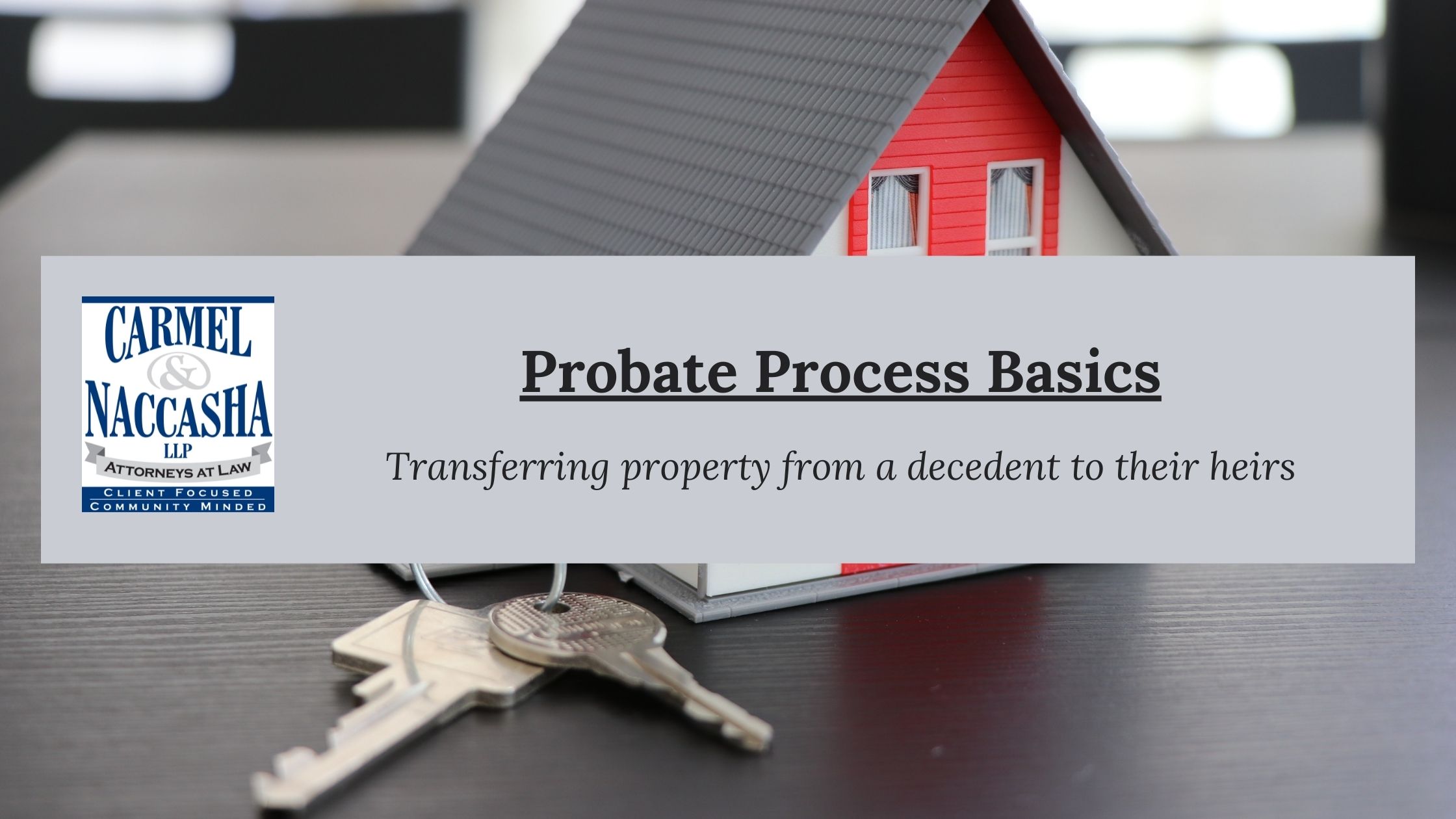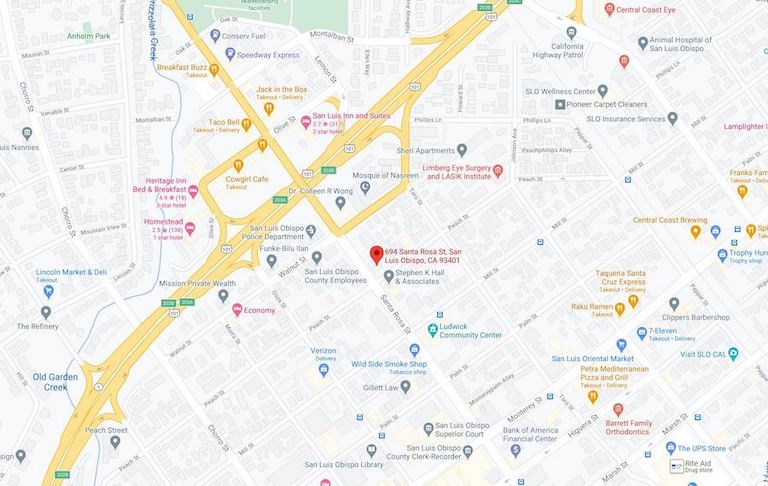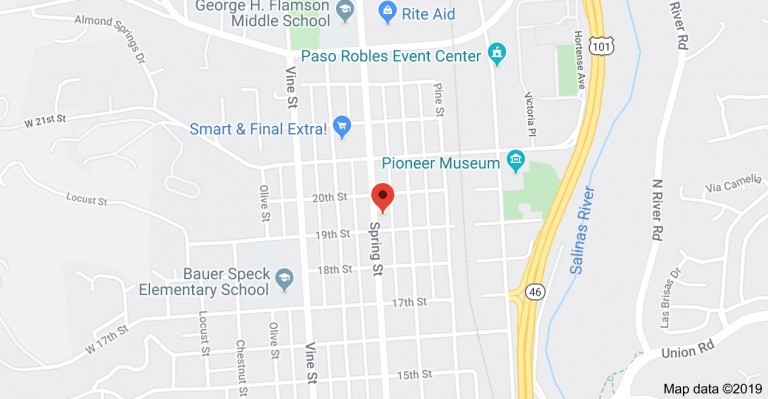What is probate?
“Probate” generally refers to court supervision overseeing the transfer of legal title of property from the estate of a deceased person (the “decedent”) to their beneficiaries or heirs, according to the directions expressed in their will or state intestacy laws. In California, this process can be lengthy and expensive, taking up to 18 months and costing 4-7% of the estate’s total value. Disputes can potentially add years and tens of thousands of dollars more in expenses.
The first step the probate process is actually determining whether the decedent’s will is actually valid. While this generally involves simply going through the “legal” motions, determining the validity of a will can get complex, fast. If the same person creates multiple wills, especially in later years of their life as their mental state deteriorates, the validity of the later wills may be called into question.
Representing the decedent
Generally, after it has been determined that a will is in fact valid, a legal representative is appointed to act on behalf of the decedent. While this representative does not have to be a financial expert or an attorney, they will have a fiduciary obligation to the decedent’s estate. Usually, the decedent designates a personal representative, called an executor, in their will. The decedent’s spouse, child, or children are often nominated as executor, but they can decline to act. In some circumstances, such as during family discord, an outside personal representative may be brought in to manage the estate and act as a neutral third party.
Duties of the Personal Representative
The executor of a will has a long list of duties. These include properly managing assets, defending the estate, prosecuting lawsuits, and appraising the estate. While a Personal Representative may incur administration fees in this process, in California, a Personal Representative is entitled to the same compensation as an attorney. However, the Personal Representative is not allowed to pay fees or make distributions from the estate without the court’s express permission.
In the event that a personal representative improperly manages the estate, they can be held personally liable. Improper management can include failing to collect money owed to the estate, overpaying creditors, and not filing taxes on time. It can also include selling assets without authority, selling assets at below market value, distributing property to the wrong beneficiaries, and distributing property before debts owed by the estate have been fully paid off.
Dealing with outstanding debts
After a personal representative has been appointed, the decedent’s property must be marshalled, identified, inventoried, and appraised. Following appraisal, any outstanding debts and taxes that the decedent owed are then paid from his or her estate. Taxes on the estate itself must be paid according to state and federal estate transfer and death tax rates. Decedent’s debts are never paid out of pocket by the beneficiaries or heirs.
Only once all outstanding debts and taxes are paid can the decedent’s heirs/beneficiaries get their payout. The remaining property is distributed according to the terms of the will, or if lacking such instruction, simply to the heirs of the decedent. In the event that there are no living heirs and beneficiaries are not specified, the estate passes into the hands of the state.
Is all property subject to probate?
Not all property in an estate goes through the probate process. There are simplified procedures for transferring properties valued under a certain amount ($166,250 in California). Additionally, money and assets in accounts with a named beneficiary – such as retirement, transfer on death (TOD), and payable on death (POD) accounts – transfer automatically to the beneficiary named in the account itself (not the beneficiary named in the will – so remember to remove your ex-spouse from the beneficiaries in your retirement accounts).
In order to exempt even more property from the probate process, it may be a good idea to create a trust in addition to or in place of a will. Trusts allow decedents to transfer assets to beneficiaries without court intervention and in limited circumstances with lower tax consequences.
How much does probate cost?
In California, a Personal Representatives fees are based on a statutory structure that usually equals between 2-4% of the gross value of the estate for their work, with this percentage decreasing as the estate increases in size. If an attorney is involved, the attorney’s fees will mirror the Personal Representative’s fees. This amount can quickly grow however, in the event of a litigation or a contest of the will.
How do you contest a will?
Specific circumstances are required to contest a will, so will contests themselves tend to be rather rare. A will can only be contested by those with “standing”, meaning someone who has an interest in the probate. This can refer to a child/spouse who was left out of the will, someone who made out better under a previous version of the document, children upset that the entire estate was left to charity, or a child who received a smaller portion than their sibling.
If someone does have standing to contest the will, they must also have grounds to do so. Grounds can include suspicion that undue influence was used against the decedent by a caretaker who was manipulating them or that the will was executed by an incompetent individual. Bear in mind that the burden of proof in a will contest lies on the person contesting the will.
What if there is no will?
Dying without a valid will (intestate) or trust causes the distribution of the deceased’s assets to be distributed according to the intestacy laws applicable within the deceased’s state. Although not ideal, property will still be distributed to the decedent’s heirs. If the deceased has no heirs whatsoever, their assets will simply fall into the hands of the state.
How can I make the transfer of my estate smoother for my beneficiaries?
Using financial vehicles that avoid the probate process are your best friends for headache-free asset transfer. Aforementioned trusts, Roth IRAs, 401(k)s, and Keoghs, are all great solutions for holding and transferring assets. Additionally, creating a will that is easy to authenticate and difficult to contest will keep probate from becoming exorbitantly expensive. Starting estate planning early with the help of an experienced attorney is the best way to make sure your assets are protected for the next generation.
Written by Victor Herrera, with the assistance of Max Valentine.
Contact Legal Professional
The information provided herein does not, and is not intended to, constitute legal advice; instead all information, content, and materials are for general informational purposes only.
If you have questions, concerns, or wish to create your own will, trust, or estate plan, please give us a call at (805) 546-8785 and ask for Victor Herrera, and for more details, read our full disclaimer.



